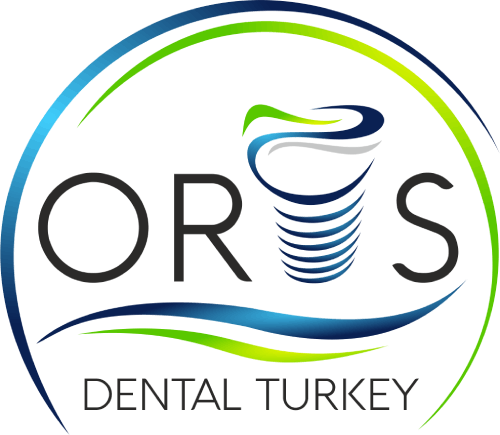Full Mouth Dental Implants: Everything You Need to Know
If you're looking for a permanent solution to replace all your missing teeth, full mouth dental implants might be the answer. Full mouth dental implants involve placing dental implants in the upper and lower jaws to support a full arch of replacement teeth. In this article, we'll take a closer look at full mouth dental implants and why they might be the right choice for your dental needs.
What Are Full Mouth Dental Implants?
Full mouth dental implants are a type of dental restoration that replaces all missing teeth in the upper and/or lower jaws. They are typically recommended for people who have lost most or all of their teeth due to decay, trauma, or other reasons. Full mouth dental implants involve surgically placing dental implants in the jawbone to serve as artificial tooth roots.
Once the dental implants have fused with the jawbone, a full arch of replacement teeth (either fixed or removable) is attached to the implants. This provides a permanent solution for replacing missing teeth that looks and functions like natural teeth.
Advantages of Full Mouth Dental Implants
Full mouth dental implants offer several advantages over other tooth replacement options, including:
1. Aesthetics: Full mouth dental implants provide a natural-looking and attractive smile.
2. Function: Implants provide a strong and stable foundation for replacement teeth, allowing for normal chewing and speaking.
3. Longevity: With proper care, full mouth dental implants can last a lifetime.
4. Bone Preservation: Dental implants help preserve the jawbone by stimulating natural bone growth.
5. Comfort: Full mouth dental implants are comfortable and do not cause irritation or slipping, unlike dentures.
The Full Mouth Dental Implants Procedure
The full mouth dental implants procedure typically involves the following steps:
1. Consultation: Your dentist will evaluate your oral health and determine if full mouth dental implants are a good option for you. They may take X-rays or perform other diagnostic tests to assess the condition of your jawbone.
2. Implant Placement: Dental implants are surgically placed into the jawbone, usually under local anesthesia. This can involve multiple procedures, depending on the number of implants needed.
3. Healing: After implant placement, a period of healing is necessary to allow the implants to fuse with the jawbone. This can take several months.
4. Abutment Placement: Once the implants have fused with the jawbone, abutments (connectors) are attached to the implants to hold the replacement teeth in place.
5. Teeth Replacement: Finally, a full arch of replacement teeth is attached to the abutments. This can be done using either fixed or removable replacement teeth, depending on your preferences and needs.
Is Full Mouth Dental Implants Right for You?
Full mouth dental implants are a great option for many people, but they may not be suitable for everyone. Factors that can affect your eligibility for full mouth dental implants include the condition of your jawbone, your overall oral health, and your budget.
To determine if full mouth dental implants are right for you, schedule a consultation with a qualified dentist. They can evaluate your oral health, discuss your treatment options, and recommend a plan that meets your needs and goals.
In Conclusion
Full mouth dental implants offer a permanent solution for replacing all missing teeth in the upper and/or lower jaws. They provide a natural-looking and functional smile, and with proper care, can last a lifetime. If you're considering full mouth dental implants, don't hesitate to schedule a consultation with a qualified dentist today and take the first step towards a healthier and more beautiful smile.





